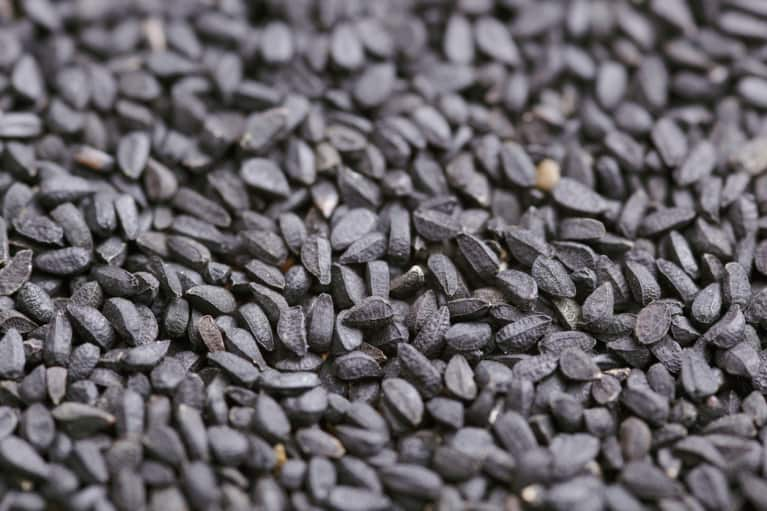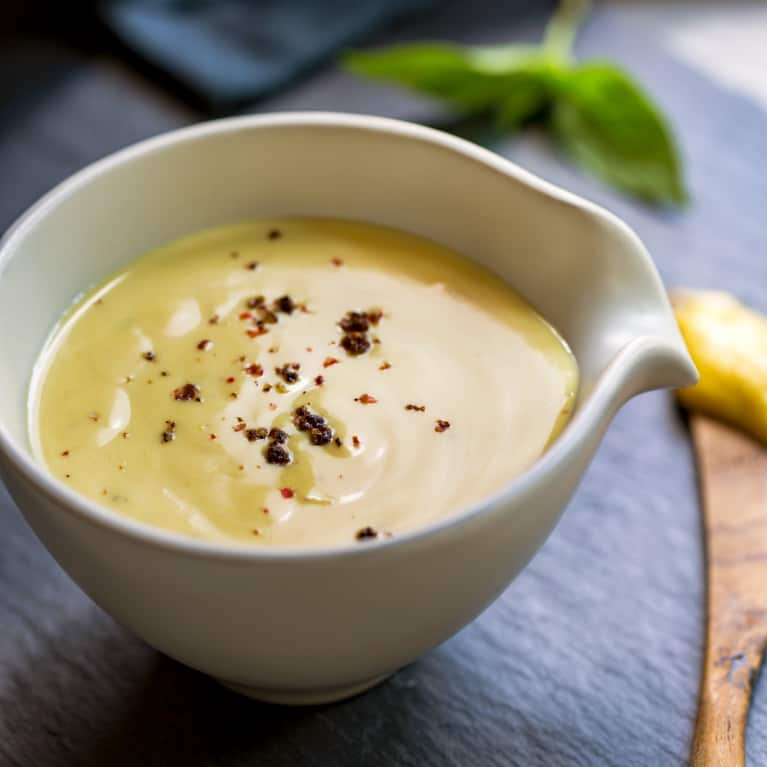Firstly Black cumin seed oil isn’t new by any means, but it’s been making a splash lately as a remedy for everything from weight maintenance to achy joints.* So does black cumin seed oil deserve a spot in your well-curated supplement lineup? Here, we’ll talk all about black cumin seed oil, what it can do for you, and how to get your hands on a quality version of it.
Cumin Seed- buy black cumin seed oil kalonji oil nigella sativa oil Nairobi Kenya Uganda Tanzania Ethiopia Sudan Somalia black cumin seed products shop
50$
- Promotes Digestion. The most common traditional use of cumin is for indigestion. …
- Is a Rich Source of Iron. …
- Contains Beneficial Plant Compounds. …
- May Help With Diabetes. …
- May Improve Blood Cholesterol. …
- May Promote Weight Loss and Fat Reduction. …
- May Prevent Food-Borne Illnesses. …
- May Help With Drug Dependence.
- ¼ cup black cumin seed oil
- Another ¼ cup extra-virgin olive oil
- ¼ cup apple cider vinegar
- 2 tablespoons raw honey
- 2 tablespoons Dijon mustard
- 1 garlic clove, finely chopped or grated
- salt and pepper to taste
What is black cumin seed oil, anyway?
Black seed oil (aka black cumin seed oil, kalonji oil, or nigella sativa oil) is an amber-hued oil extracted from tiny black seeds of the flowering Nigella sativa plant that originated in Southwest Asia and has been used throughout the Middle East, Africa, and Eastern Europe.
“People have used black cumin seeds and their oil to treat a wide range of conditions for thousands of years,”* says Vincent Pedre, M.D., mbg Collective member and board-certified internist and integrative medicine specialist in New York City.
Most importantly Black cumin seeds were even found in King Tut’s tomb, and apparently they got a mention in the Old Testament as being able to cure anything but death.
But what makes the oil of these small, unassuming black cumin seeds so great? When you scan the label, you’ll notice a variety of beneficial compounds listed, including things like omega-3, -6, and -9 essential fatty acids and cholesterol-lowering plant compounds called phytosterols. But the majority of its therapeutic perks probably have to do with a particularly potent active compound called thymoquinone (TQ), says Pedre, which is “an antioxidant with anti-inflammatory, anti-allergy, and immune-supporting properties.”*
6 benefits of black cumin seed oil.
1. Supports digestive health.*
One of the oldest traditional uses of black cumin seeds was to promote overall digestive health, with tinctures of the seeds frequently being used for indigestion and bloating, loss of appetite, and diarrhea.* Additionally, studies have found that a black cumin seed solution helped prevent the formation of gastric ulcers in rats.* Researchers speculate that this is due to the gastroprotective effects of thymoquinone, which has been shown to inhibit acid secretion and help maintain the layer of mucus that lines and protects the gut.*
2. Helps support the endocannabinoid system.*
The endocannabinoid system (the body’s “master regulatory system”) might benefit from black cumin seed oil, due to its phytocannabinoid content.* Phytocannabinoids are beneficial plant compounds found in black cumin seed oil, hemp, hops, rosemary, and more.
“Black cumin seed oil contains a key phytocannabinoid called beta-caryophyllene (BCP). BCP binds exclusively to the CB2 cannabinoid receptor. This receptor dominates in the peripheral nervous system, immune system, gut, liver, skin, and bones—so supporting it is important to maintaining health in these systems,” explains Robert Rountree, M.D., a functional medicine pioneer.*
Legend has it that Cleopatra’s secret to radiant skin was actually black seed oil! However while we can’t officially confirm this historical anecdote, one study did find that applying a lotion of 10% black seed oil significantly and positively affected acne after two months, thanks to its anti-inflammatory properties.* Moreover another research has found that topical application of black seed oil speeds wound healing, which may help reduce blemishes and scarring.*
Similarly black seed oil can also be diluted with a carrier oil (or added to shampoos) and applied to the scalp to soothe and reduce flakiness.*
4. Aids in weight maintenance.*
With a quick “black seed oil + weight” search, you’ll find a number of bloggers and vloggers raving about this oil’s ability to melt away the pounds.* While this may (rightly) induce some eye-rolling, some research suggests black cumin seed oil could somewhat aid in weight maintenance or at least fight risk factors for obesity.* In one eight-week study, women took black seed oil or a placebo while following a calorie-restricted diet. By the end, the black seed oil group experienced greater reductions in weight and waist circumference.*
That said, it’s not a magic bullet. “Most of its weight loss benefits would likely be indirect,” says Pedre. “Inflammation is a key driver in obesity, for instance, so the anti-inflammatory properties of thymoquinone could support normal levels of inflammation and therefore aid weight loss.* But I wouldn’t consider it a primary weight loss aid.”*
5. Fights seasonal allergies.
Black seed oil may help manage symptoms of seasonal allergies.* In one study, patients with allergic rhinitis (aka hay fever) who were given black seed oil daily experienced a positive impact in nasal congestion, nasal itching, runny nose, and sneezing attacks within the first two weeks of treatment. These results are likely due to the fact that thymoquinone acts as an antihistamine, says Pedre.*
6. Soothes aching joints.*
Black cumin seed oil may help soothe achy joints.* In one study, women with aching joints who were given a 500-mg dose of black seed oil capsules twice a day experienced a positive impact on swollen joints and morning joint stiffness.* Another more recent study found that women who took the oil had lower blood levels of certain inflammatory markers, including C-reactive protein.*
How should you take black cumin seed oil?
Black seed oil does have a pretty pungent, bitter, somewhat peppery flavor, so proceed with caution before you potentially ruin a perfectly good meal! If you’re not a fan of its natural flavor, consider taking it as a supplement or trying it in a healthy homemade dressing:
Honey Mustard Dressing With Black Seed Oil
Makes about 1 cup (8 2-tablespoon servings)
Ingredients:
Method:
Whisk together ingredients until well-combined. Drizzle onto salads or grain-based sides, or use it as a dip for veggies. Store in an airtight container in the refrigerator.
Are there any black cumin seed oil side effects?
When consumed in appropriate amounts (hint: More is not better!), black seed oil is unlikely to cause any side effects. However, black seed oil can thin the blood, which makes it unsuitable for certain people. Consuming too much, for anyone, may cause damage to the liver and kidneys. Topically, black seed oil may cause a rash or hives, so it’s always a good idea to do a small patch test before slathering it on.
“With certain health conditions, taking black cumin oil can potentially be harmful, including bleeding disorders and for pregnant women,” says Pedre. “Always consult with your physician before taking black cumin oil or any other supplements, especially if you have an underlying chronic condition or are currently taking medication.”
The bottom line?
Black seed oil shows true promise in preliminary studies and is likely safe (both orally and topically) for most people, suggesting that it may be an easy way to help promote overall health—as long as you don’t exceed a few teaspoons a day.* That said, it shouldn’t be considered a miracle cure for any one thing. Larger human clinical trials must be done before black seed oil can be used to actually treat any health condition.












